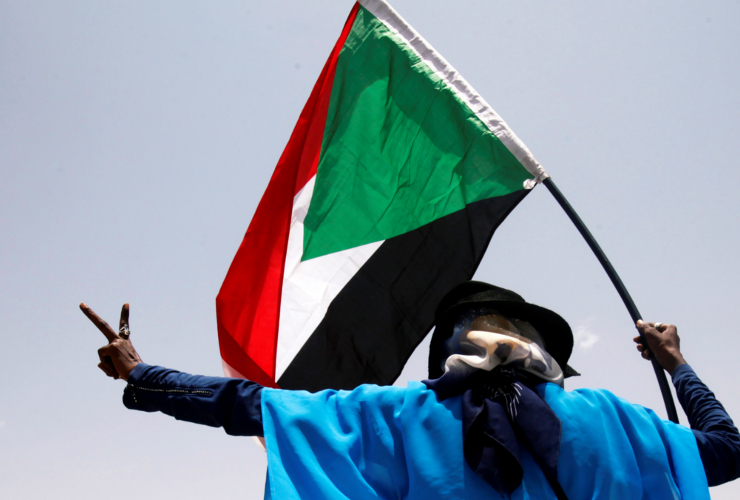The International Press Institute, a global network of editors, media executives and journalists, has urged the Transitional Military Council (TMC) of Sudan to immediately put an end to the harassment of journalists by security forces and ensure their safety.
On July 24, the security forces arrested Sadiq al-Rizaigi, editor of the Al-Sayha newspaper and head of the Sudan Journalists Union, from outside his office. He was released on July 29 without any charges filed against him.
Since December last year Sudan has been in the throes of protests demanding democratic reforms. The protests led by Sudan Professionals Association with massive support from the public toppled the Omar al-Bashir regime that had ruled the country for over 30 years with scant respect for democracy and press freedom. The TMC took over the government after arresting al-Bashir. However, protests demanding a democratically elected government have continued.
Ever since demonstrations against President al-Bashir began, Sudan has witnessed a crackdown against journalists. According to the Sudanese Journalists Network, more than 70 journalists have been detained.
In January, Sudanese authorities withdrew the accreditation of Al Jazeera journalists and in May the TMC ordered the closure of the Al Jazeera bureau in Khartoum. The government also withdrew the work permit of journalists of the Al-Arabiya TV network.
According to the Sudan Journalists Syndicate, on May 30, M. Mohamed Latif, a journalist and the director of Tayba Press Media Center, was also summoned several times by the security forces and six of his colleagues in the National Television were briefly detained after they organized a protest in front of the Ministry of Information in Khartoum.
“What has happened is a disappointment for us. We expected that our freedom will increase after the fall of former president Omar Al-Bashir”, Waleed Mostafa, secretary of foreign affairs of the Sudan Journalist Union told IPI. “This reflects the political instability caused by the long, ongoing negotiations between the Transitional Military Council and the components of freedom and change forces aimed at reaching an agreement that will transfer power to a civilian government. If these practices continue, they will undoubtedly have serious repercussions on press freedom in Sudan.”
The Sudanese Journalists Network said that on June 26, Osman Hassan, a cameraman, was arrested while covering a protest in front of the Ethiopian Embassy in Khartoum. On the same day the TMC started an investigation against columnist Suhair Abdel Rahim for an essay published on social media based on the accusation that the essay included insults against the Sudanese Armed Forces.
“The TMC should uphold press freedom in the country and safeguard journalists. It should withdraw cases filed against journalists and ensure that journalists are not arrested for doing their job”, IPI Director of Advocacy Ravi R. Prasad said. “The harassment and arbitrary arrests of journalists, as well as attacks on them, is stifling independent journalism in the country.”
He added: “The arrest of Mr. al-Rizaigi was an attempt by the Transitional Military Council to intimidate and silence journalists at a critical time for Sudan.”
